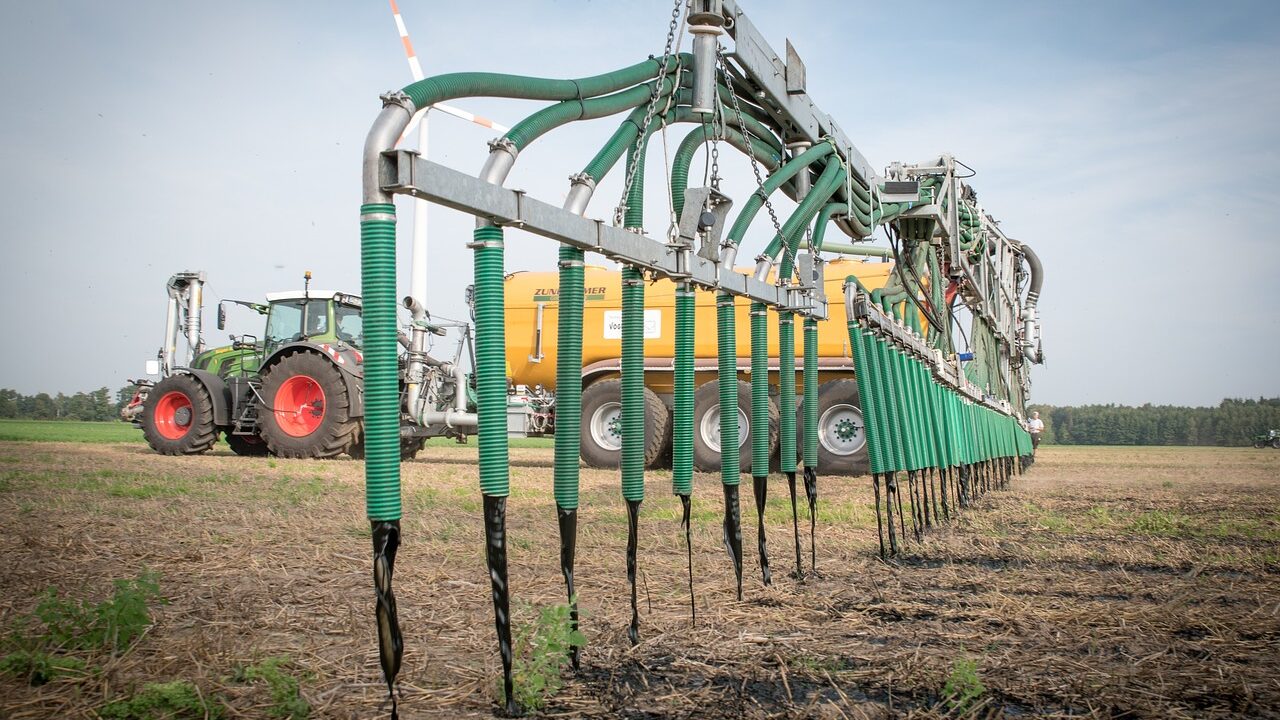Northern Ireland’s Minister for Agriculture, Environment and Rural Affairs, Andrew Muir, must be told exactly what farmers want from the new Nitrates Action Programme (NAP), according to Ulster Farmers’ Union (UFU) deputy president, Glenn Cuddy.
Cuddy made the comments to Agriland as he attended the recent Castlewellan Show 2025.
The UFU representative said: “This can only be achieved by farmers fully participating in the current NAP public consultation.
“Once the consultation period is over, a stakeholder group will be established to assess the views that have been submitted.
“It’s important this grouping comprises representatives of bodies that directly reflect the views of working farm families.”
Cuddy believes that the work of the newly formed stakeholder forum will be subsequently ratified by a further public consultation process.
He said: “We have also emailed comprehensive guidance to farmers, which will help them submit their views on the current NAP public consultation in the most effective way possible.”
The UFU leadership believes that the current NAP proposals represent a clear threat to farming businesses and rural communities.
In the view of Cuddy, the proposals ignore the practical realities of farming, impose burdens that many farmers cannot meet, and threaten to cripple Northern Ireland’s rural economy.
He said: “Our industry faces devastation from policies disguised as environmental safeguards, despite our farmers driving successful solutions for decades.
“For the last 20 years, since NAP was first introduced, we have been implementing practices to improve water quality.
“The farming community have always acknowledged and supported this need.”
NAP public consultation
Meanwhile, Minister Muir has confirmed that the ending of the initial NAP public consultation on July 24 will see officials within the Department of Agriculture, Environment and Rural Affairs (DAERA) setting up a time-bound stakeholder task and finish group.
This group will have an external facilitator and representatives from farming, agri-food, environmental groups plus DAERA.
The minister explained: “Working collaboratively and taking into account the consultation responses, plus any other potential solutions, the group will be asked to propose measures and actions that are evidence-based and workable at farm level within realistic timeframes, as well as meeting legislative requirements.“
It has been confirmed that, during this process, consideration will be given to the economic impact of these revised proposals and a draft economic impact assessment will also be prepared on the revised proposals.
As a means of continuing the iterative process of engagement, a further eight-week public consultation will be carried out on the updated proposals and the draft economic impact assessment.

